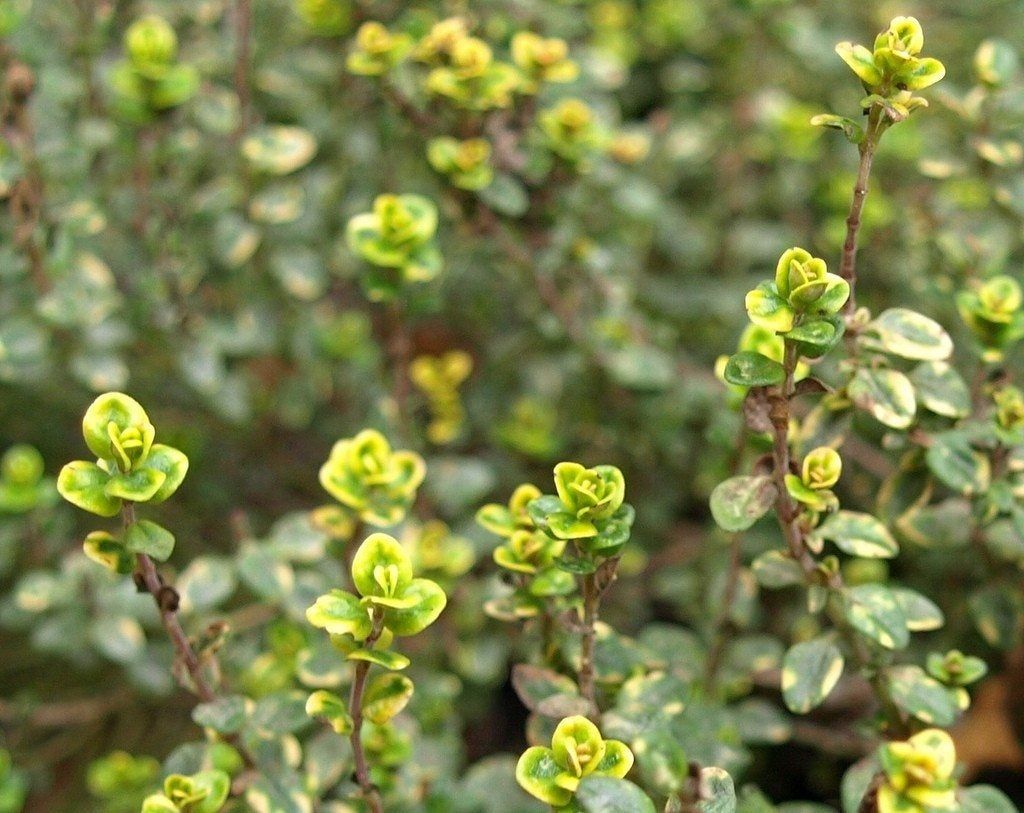Mosquito Repelling Plants: Learn About Plants That Keep Mosquitoes Away

A perfect summer evening often includes cool breezes, sweet flower scents, relaxing quiet time, and mosquitoes! These annoying, little insects have probably ruined more barbecue dinners than burnt steaks. Not only do they hurt and itch when you get stung, but they can also carry serious diseases such as West Nile Virus. You can repel mosquitoes with harsh chemicals, but they're often not suitable for young children and can irritate many people. As a gardener, why not put your talent to good use and cultivate a collection of plants that keep mosquitoes away? Let's learn more about how to control mosquitoes with plants in the garden.
How to Use Mosquito Repelling Plants
Most scientists agree that while repellent plants may have a tiny effect on flying insects as they sit in your garden or on the patio, they're most effective when used directly on the skin. Therefore, when using a deterrent plant for mosquitoes, you need to harvest a handful of leaves and crush them, rubbing the crushed leaves on any exposed skin. The volatile oils in the foliage will leave their insect-repellent properties on your arms and legs, keeping the mosquitoes from biting. If you're gathered around a barbecue or fire pit, another way to keep mosquitoes away is by smoking them out. Pick fresh branches of repellent plants and place them in the fire to deter mosquito pests. The resulting smoke should keep the flying pests away from your campfire or cooking area for a while.
Deterrent Plants for Mosquitoes
While there are a number of plants that keep mosquitoes away, one of the most effective plants for repelling mosquitoes is the Citrosa - not to be confused with the scented citronella geranium plant. Citrosa is the plant that contains citronella oil, which is in mosquito-repelling candles made for outdoor use. Rubbing these leaves against your skin will leave a pleasant scent to humans, but not to the bugs. Lemon thyme contains about the same amount of repellent chemicals as Citrosa and is much easier to find. In addition, lemon thyme is a perennial, giving you years of mosquito chasing after just planting it one time. Among the other plants that may work for your mosquito problem are:
All of these have been found to be effective to some extent. Note: No matter what plants you decide to use in your mosquito-free zone, always do a skin test before rubbing leaves all over your body. Crush one leaf and rub it inside one elbow. Leave this area alone for 24 hours. If you have no irritation, itching, or rash, this plant is safe for general use.
Gardening tips, videos, info and more delivered right to your inbox!
Sign up for the Gardening Know How newsletter today and receive a free download of our DIY eBook "Bring Your Garden Indoors: 13 DIY Projects For Fall And Winter".
-
 Growing For Gold: 9 Unique Yellow Flowers To Grow For Sunshine Garden Color
Growing For Gold: 9 Unique Yellow Flowers To Grow For Sunshine Garden ColorFrom vivid sunny lemons to rich butterscotch tones, yellow is a color that deserves a spot in every garden. These nine unique yellow flowers will fill your plot with cheer
By Tonya Barnett
-
 Pacific Northwest Gardeners: Here’s Everything To Plant In March For A Thriving Garden
Pacific Northwest Gardeners: Here’s Everything To Plant In March For A Thriving GardenLearn what vegetables, flowers, shrubs, and fruits you should plant in March for best results in Oregon, Washington, Northern California, and British Columbia.
By Bonnie L. Grant